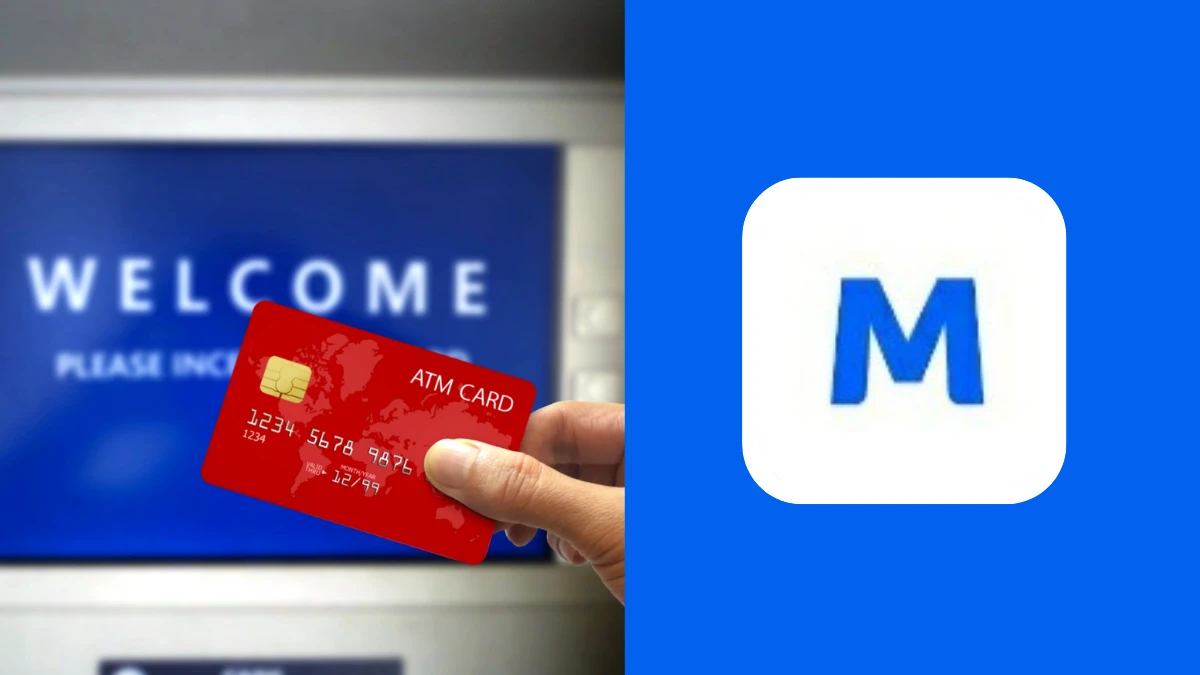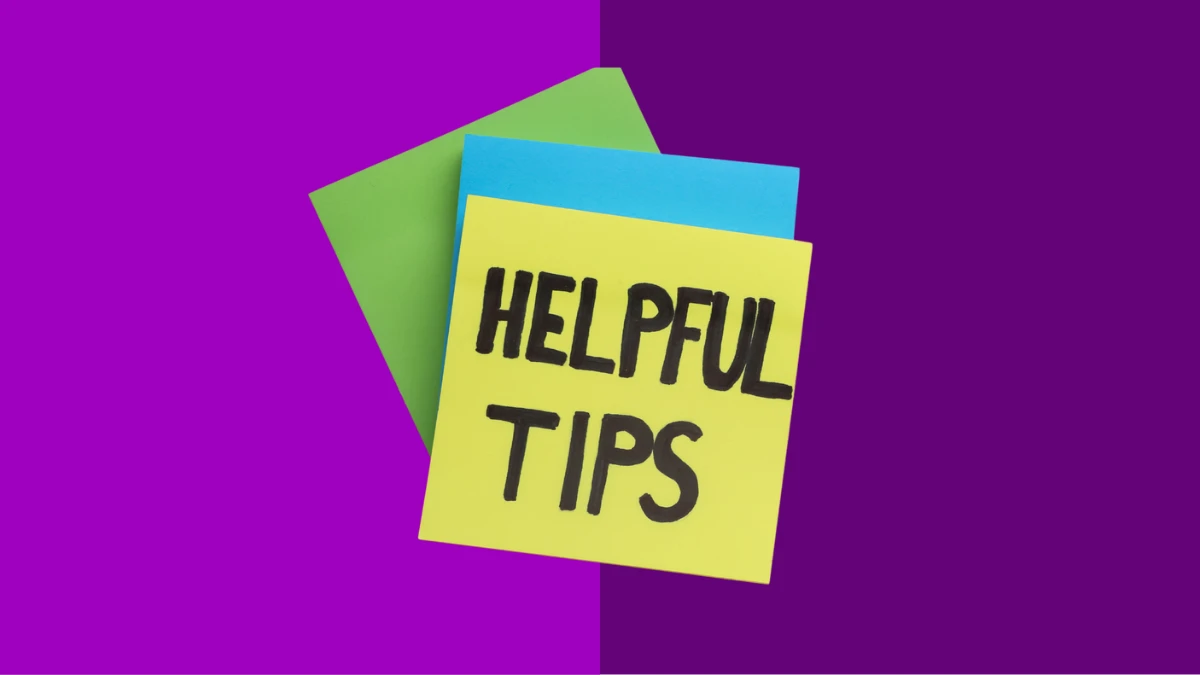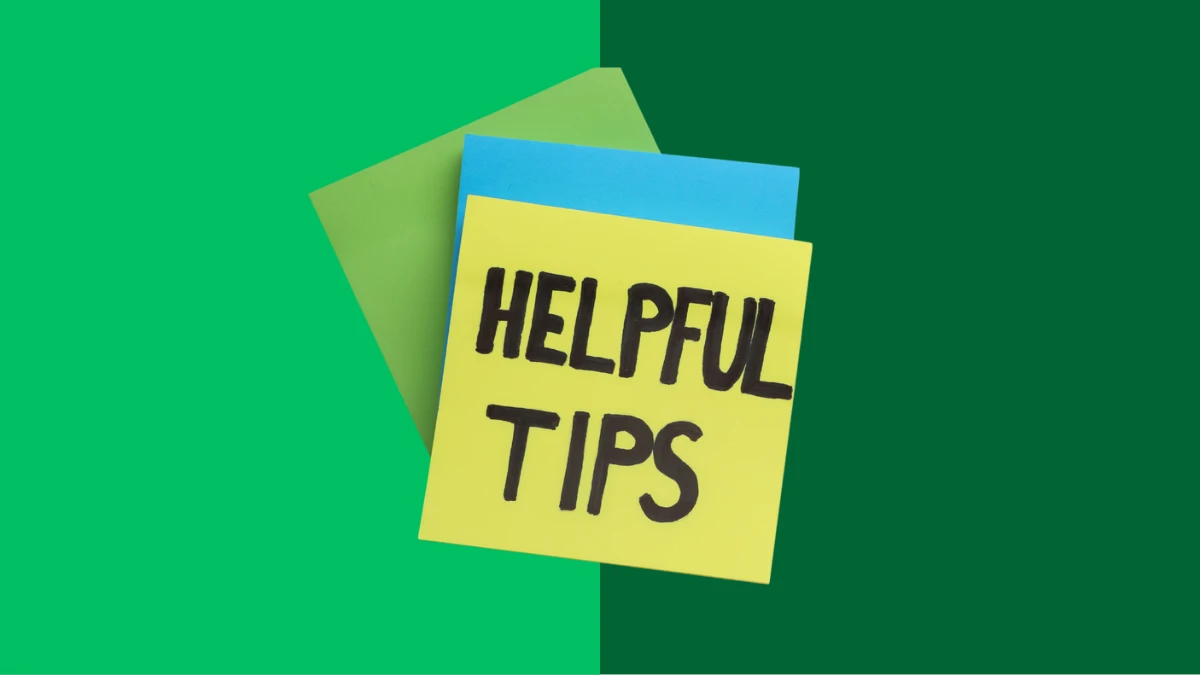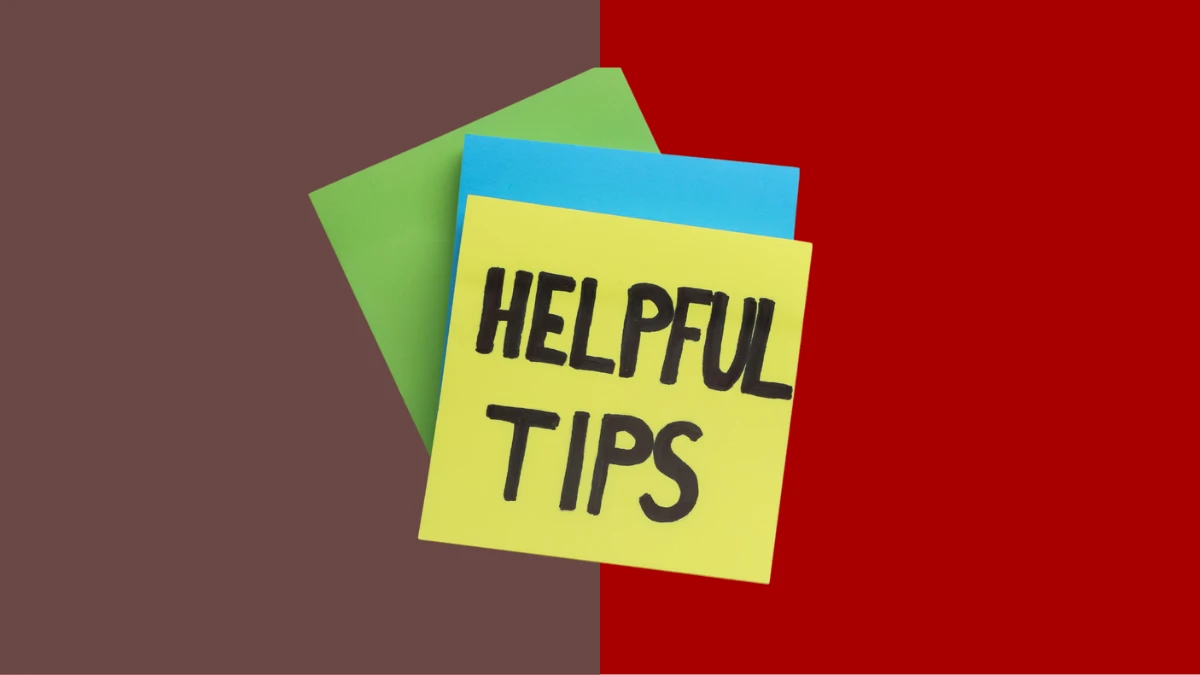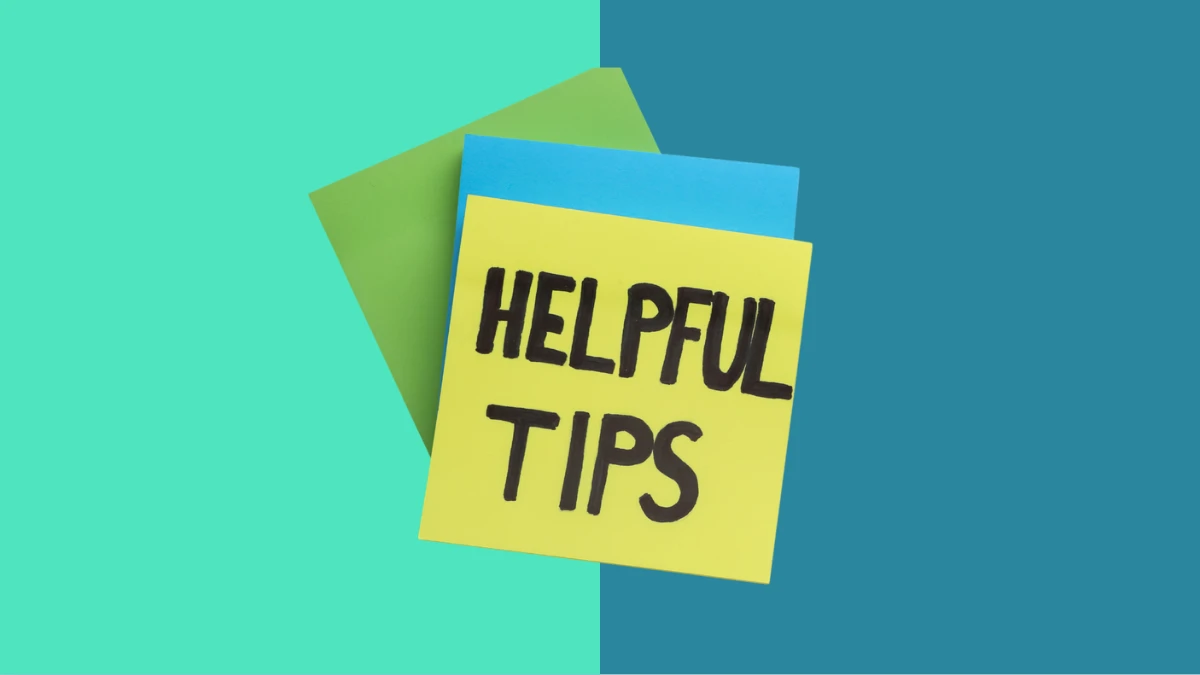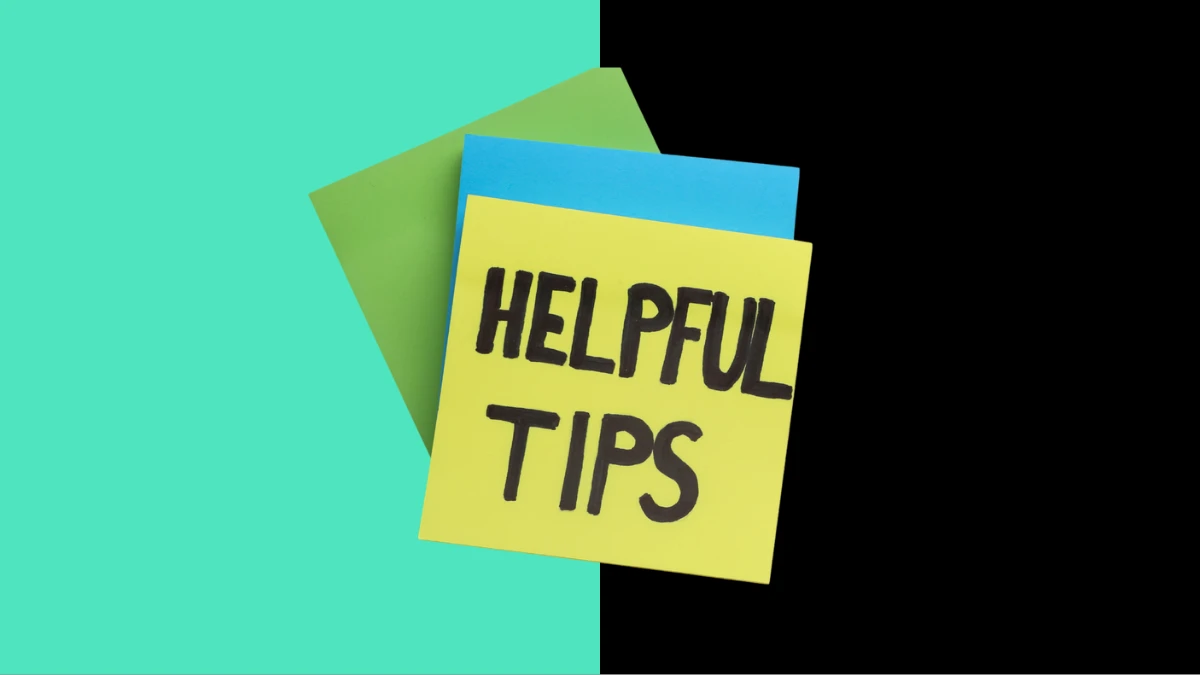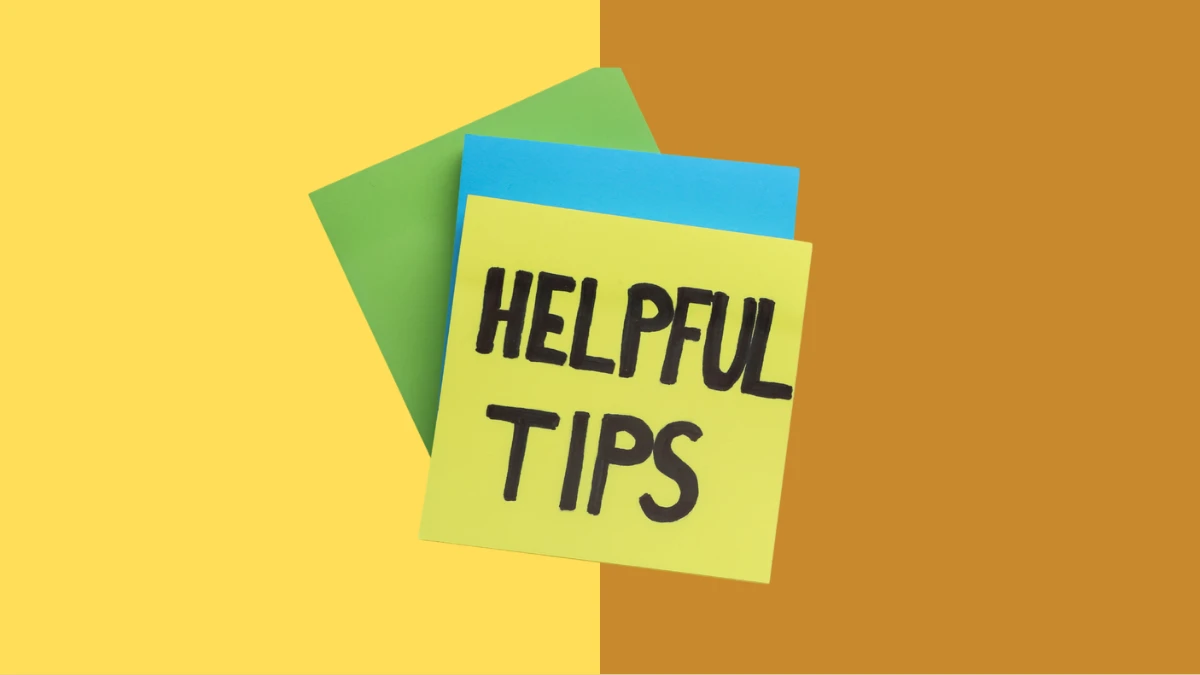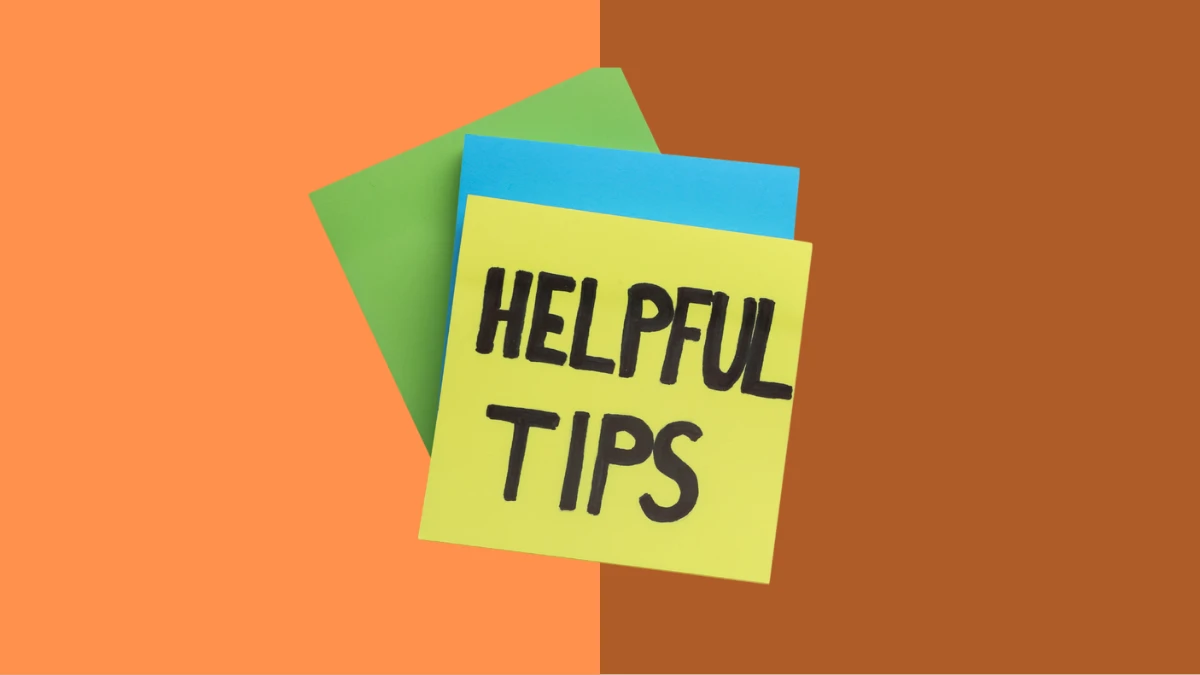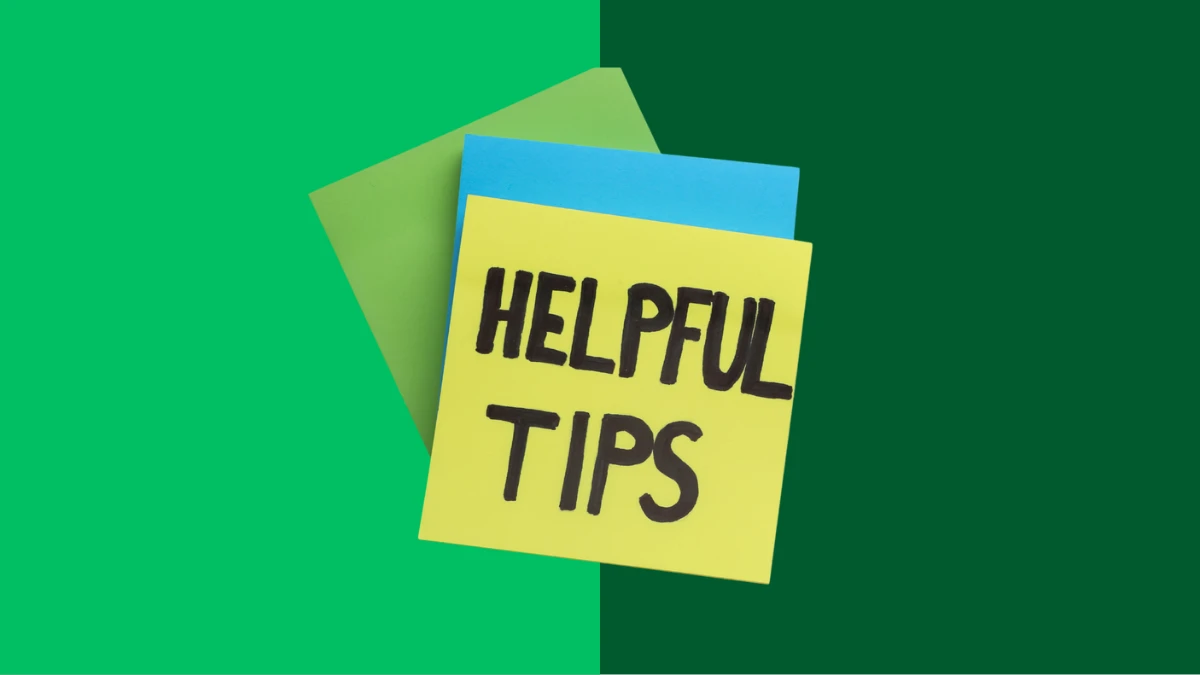Get Moniepoint ATM Card – How to Apply, Activate & Withdrawal Limit
How to Get Moniepoint ATM Card in Nigeria: If you’re tired of card issues and failed POS transactions, the Moniepoint ATM card could be your best alternative. Built with reliable infrastructure and integrated with Nigeria’s most trusted POS terminals, this … Read more
